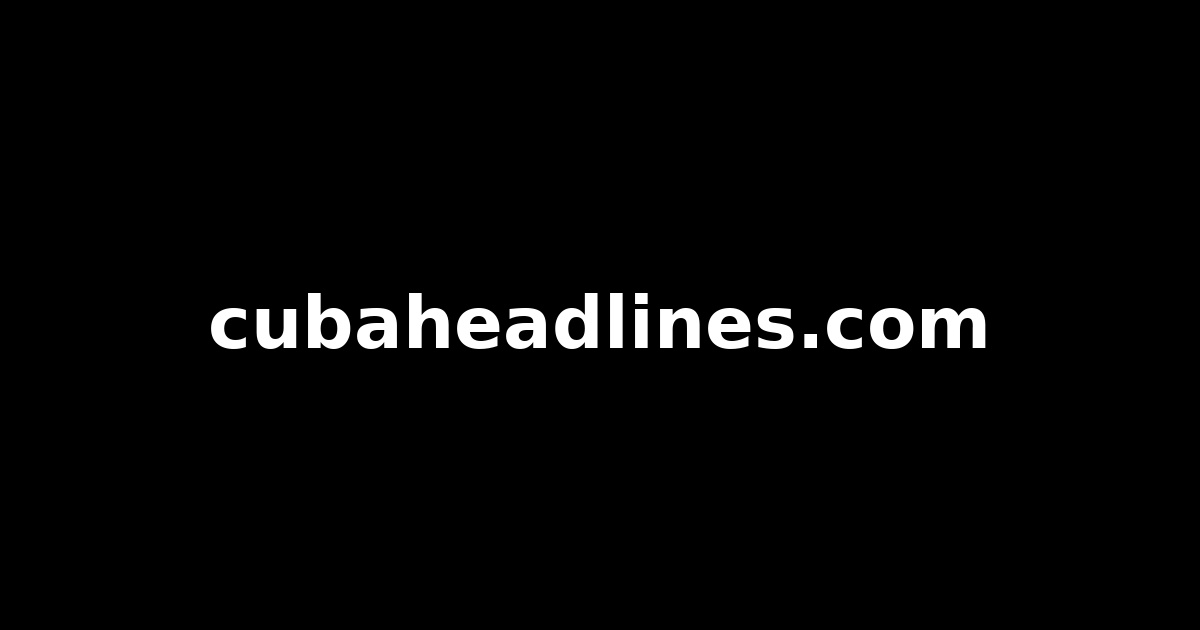Venezuela's Chavez suffers complications after surgery
- Submitted by: lena campos
- Personalities
- 12 / 14 / 2012

Venezuela's Hugo Chavez suffered bleeding after a six-hour cancer operation in Cuba, the government said on Thursday, adding to a stream of somber news about the ailing president's condition.
Chavez's health has worsened dramatically since he won re-election two months ago, casting doubt on the future of his "21st century socialism" project, which won him huge support among the poor but infuriated adversaries who call him a fledgling dictator.
Information Minister Ernesto Villegas said doctors used "corrective measures" to stop the bleeding that resulted from the 58-year-old Chavez's cancer surgery on Tuesday.
It was his fourth operation since mid-2011. He claimed he was cured earlier this year, and was able to campaign for the election in October, but now appears to be fighting for his life again.
"This process of recovery will take time because of the complexity of the operation," Villegas said in a broadcast on national television, adding that Chavez's condition had improved.
"The patient is in a progressive and favorable recovery of normal vital signs." He did not provide further details.
The ashen faces of cabinet ministers and somber tone of their terse official statements since Tuesday's surgery appear to suggest top government officials are preparing for the worst.
The president has refused to divulge the details of the cancer diagnosed in June last year. He has had four operations since then.
He won re-election by a big margin in October and is due to start a new six-year term on January 10. According to the constitution, if he is unable to do so or steps down after starting a new term, an election must be held within 30 days.
On Saturday, Chavez anointed Vice President Nicolas Maduro as his heir apparent in case he had to step down - the first time since he took office in 1999 that he has named a successor.
The 50-year-old Maduro, a former union organizer and loyal Chavez disciple who is seen as a pragmatic moderate, would be the ruling party's candidate.
'FATHERLAND IS SAFE'
Venezuelans held vigils and gathered in plazas to pray for the president's swift return.
State TV launched a spot that opens with Chavez's voice thundering "I am no longer myself, I am the people," followed by Venezuelans of all ages telling the camera: "I am Chavez."
Another shows short clips of him singing folk songs with supporters and reciting poetry. One rally for a "Chavista" candidate at Sunday's regional elections kicked off with a recording of the president singing the national anthem.
The Information Ministry published a document with the words "Loyalty to Chavez - The fatherland is safe" over a picture of Chavez and Maduro sitting below a painting of liberation hero Simon Bolivar. Chavez is shown holding an ornate golden replica of Bolivar's sword.
Senior government officials have begun cautiously preparing people for the reality that Chavez may not survive.
"At the same time as we pray, we should be ready to turn our sadness and pain into a force that can mobilize the people," Aristobulo Isturiz, a top ally of the president, told a rally of red-clad supporters.
Even if he dies, Chavez is likely to cast a long shadow over Venezuela's political landscape for years - not unlike Argentine leader Juan Peron, whose 1950s populism is still the ideological foundation of the country's dominant political party.
Elections shortly after the Venezuelan leader's death could create an awkward scenario for the opposition. Campaigning on day-to-day concerns such as crime and inflation would be difficult in such an emotionally charged atmosphere.
BEYOND VENEZUELA
The implications of Chavez's illness go far beyond Venezuela. Regional allies, most notably Cuba, have for years relied on him for subsidized oil and fuel shipments.
It could also slow the resurgence of the left in Latin America and weaken a global "anti-imperialist" alliance stretching as far as Syria and Iran that has sought to undermine the influence of the United States.
Energy companies are keenly watching events and hope that a change in government will lead to greater access to the country's vast crude oil reserves - the world's largest. Years of combative state takeovers have alienated major oil companies.
Investors who pack their portfolios with Venezuelan bonds, among the highest-yielding and most widely traded emerging market debt, are hoping for more fiscal responsibility after a year of blowout campaign spending.
Venezuela's opposition has begun discussing which candidate they might field in a new presidential election.
Henrique Capriles, a state governor who lost to Chavez in October but galvanized the opposition with a nationwide house-to-house campaign tour, is the obvious choice to face Maduro.
But he may not be able to count on the support of all the 20 or so parties that make up the opposition's coalition, some of which are anxious to field their own candidate.
"There are no automatic candidacies," said Pedro Benitez of the opposition party Democratic Action.
The opposition hopes to retain its seven state governorships out of 23.
The key will be whether Capriles can win re-election on Sunday as governor of Miranda state, where he faces a challenge from Elias Jaua, a Chavez protégé and former vice president. If Capriles loses, half a dozen opposition figures could emerge as possible candidates for a new presidential election.
The polls in Miranda are mixed, with one showing Capriles way ahead and another giving Jaua a 5 percentage point lead.
Rallies for Socialist Party candidates ahead of Sunday's vote have become mass vigils for the president's health.
"We have a great chance to win all 23 governorships. That would be the best support we can give Chavez," the president's brother Adan, who is running for re-election in Barinas state, told a rally.
Source: Reuters.com
Comments